-

CID wrote this during COVID lockdowns.
-

Some of this information has changed now.
-

This is still on our website to show what CID was doing during COVID lockdowns.
-
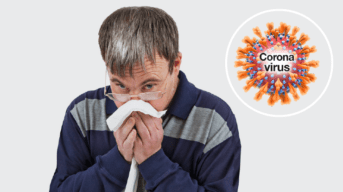
This Easy Read guide is about what to do if you think you have Coronavirus.
-
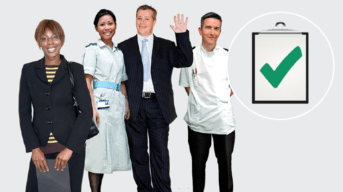
It is about what health and disability support workers must do if
- You have Coronavirus or
- You might have Coronavirus
-
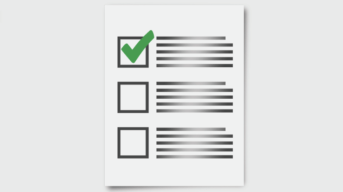
This guide includes
- Symptoms of Coronavirus
- Testing
- What happens if you have Coronavirus
- What your health and disability support workers must do
-
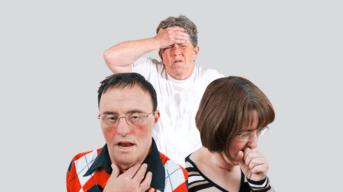
People who have Coronavirus may
- Have a cough or sore throat
- Have a fever
- Find it hard to breathe
- Find it hard to smell and taste things
These are called symptoms.
-
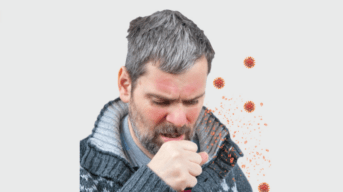
Some people might have all the symptoms.
Other people might only have a few or no symptoms.
-
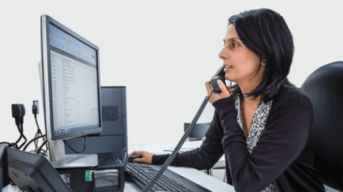
If you feel sick call your GP or the National Coronavirus Helpline on 1800 020 080.
If it is an emergency call 000.
-
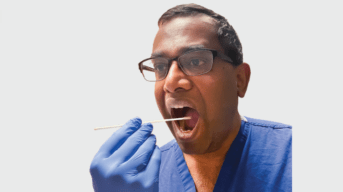
Testing for Coronavirus
You can get tested for Coronavirus if you have symptoms.
-
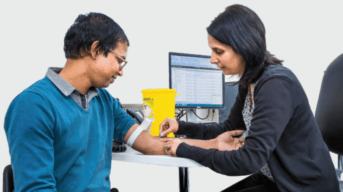
You can call your GP to ask if they can test you.
-
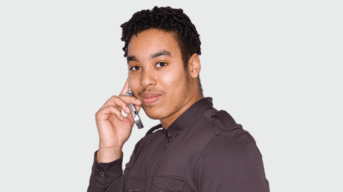
You can also call the National Coronavirus Helpline on 1800 020 080.
They can tell you where to get tested.
-
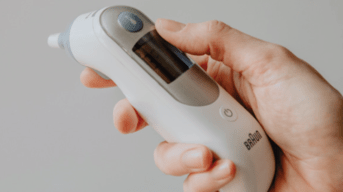
Getting tested
Temperature check
A health person will check your temperature.
-
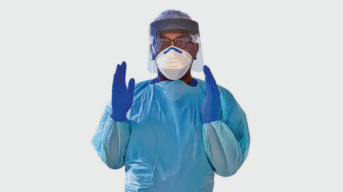
They will wear things to keep you and them safe
- A face mask
- Gloves
- A gown
-
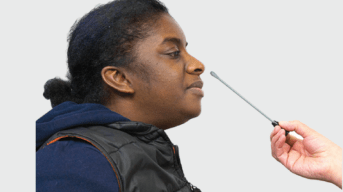
Swab your nose or mouth
They will take a swab from you.
A swab is when they wipe a stick up your nose.
It might hurt a bit.
-
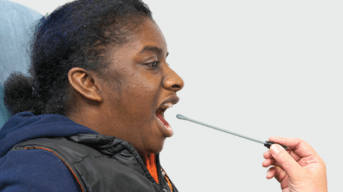
Sometimes they will take a swab from the back of your mouth.
You need to open your mouth.
-
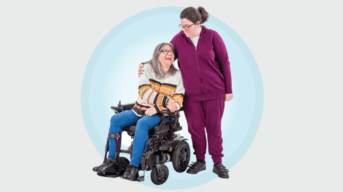
Support
Someone you trust can support you with the test
- A friend or family member
- A support worker
-
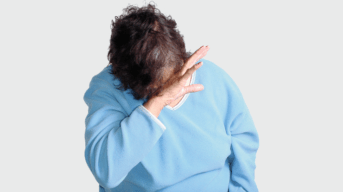
You might not get tested if you are very upset.
If this happens you must
- Stay at home and
- Tell the state or territory health department
-

The health department will tell you when it is safe to leave home.
-
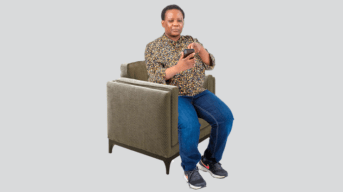
You must isolate while you wait for your test results.
Isolate means you must stay at home.
You must not go to work or places like the shops.
It might take 1 or 2 days to get the results.
-
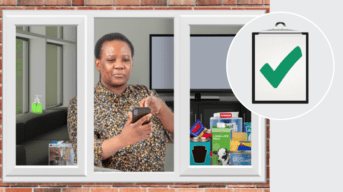
If you get a positive result
- You have Coronavirus
- You must stay at home
-
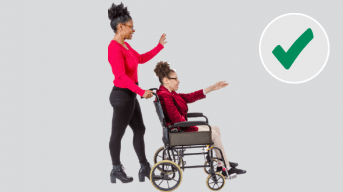
If you get a negative result
- You probably do not have Coronavirus
- Follow the instructions of your doctor and the government
- You may need to be tested again
-
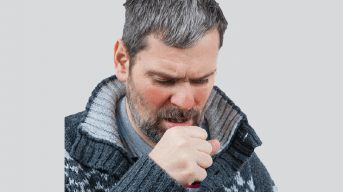
If you have Coronavirus
If you have Coronavirus you must isolate at home.
If you are very sick you might need to stay in hospital.
-
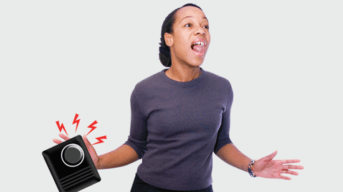
You can only leave your home if it is an emergency.
Do not let other people in your home.
-
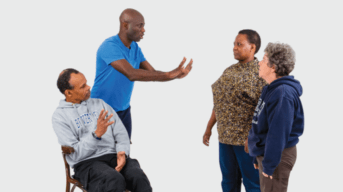
You must only let people in your home if
- They live with you
- They provide care for you or
- It is an emergency
-
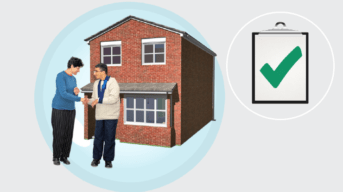
Your disability support workers can come into your home.
-
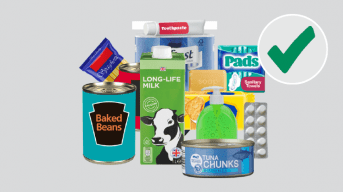
Getting things you need
You can ask someone to bring food to your home.
You can ask
- Friends or family
- Neighbours or support workers
You can order food online.
-
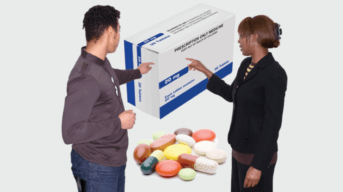
If you need medicine call your GP or pharmacist.
They might drop the medicine to your home.
Or someone you trust can pick it up.
-
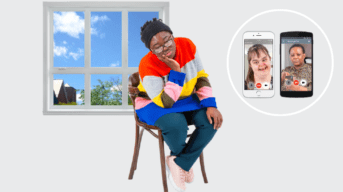
If you live alone you can ask someone to call you to make sure you are ok.
-
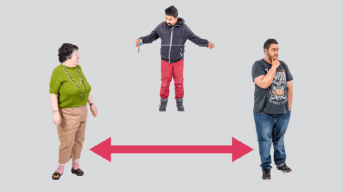
If you live with other people
- Stay alone in your room.
- Try not to go into other rooms in the house.
- Wash hands often with soap and water.
- Wear a mask when you are near other people.
-

If you live in a group home you might have to stay in your room.
-
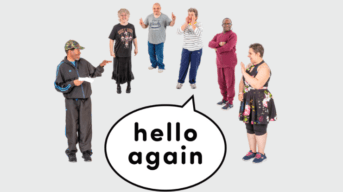
A health person will tell you when it is safe to leave your house.
Do not leave your home until this happens.
-
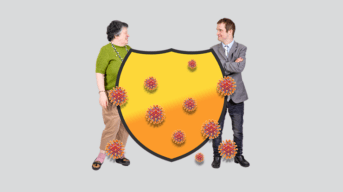
If you have Coronavirus you can still get care from your disability support workers.
They must keep them and you safe.
-
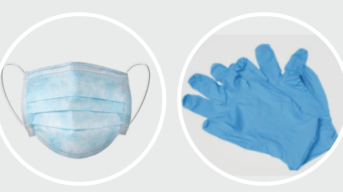
They must always wear gloves and a face mask.
This is called personal protective equipment (PPE).
-

Sometimes your support worker might wear a gown and an eye mask.
-
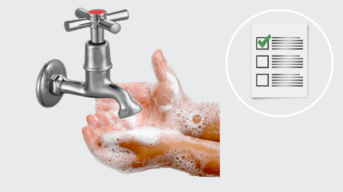
Your support worker must
- Wash their hands with warm water and soap often
- Cough or sneeze into a tissue or their elbow
- Try to keep a big distance from you
-
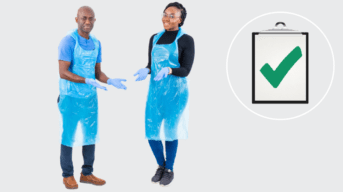
Your support worker should help you to practice good hygiene too.
-
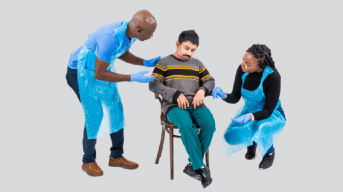
If you feel very sick or get worse get help.
Call your GP or the Coronavirus Helpline on 1800 020 080.
If it is an emergency call 000.
-
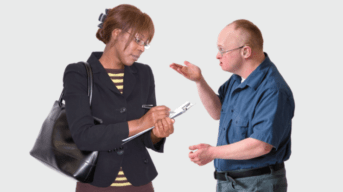
If your support worker is not trying to keep you safe from Coronavirus you can complain.
-
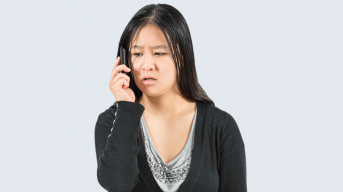
You can complain to the NDIS Quality and Safeguards Commission
Call 1800 035 544
Go to ndiscommission.gov.au
-
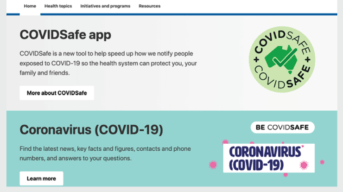
Support workers can get more information from health.gov.au
-
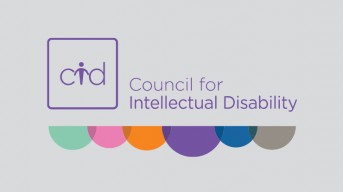
For more information contact CID
Call 1800 424 065 or
email info@cid.org.au
This information is funded by the National Disability Insurance Agency.



 1800 424 065
1800 424 065 










